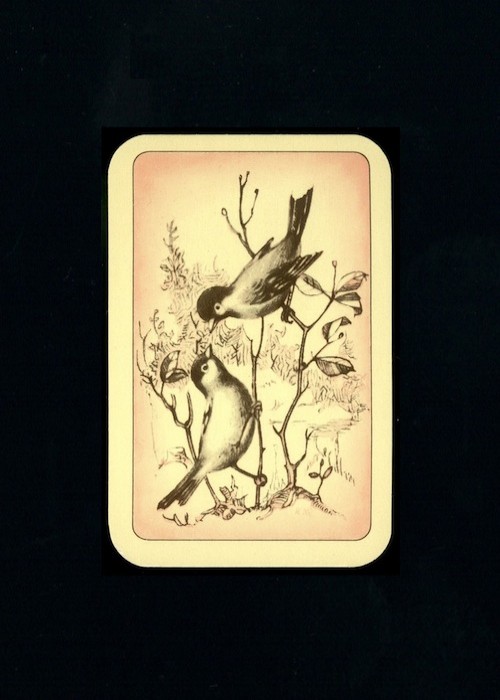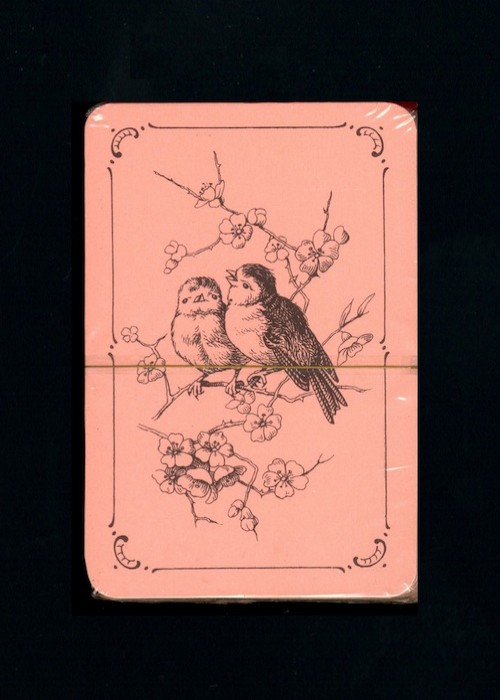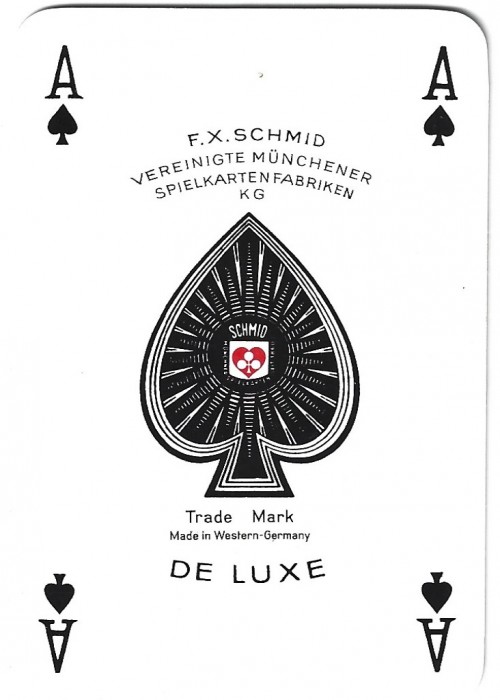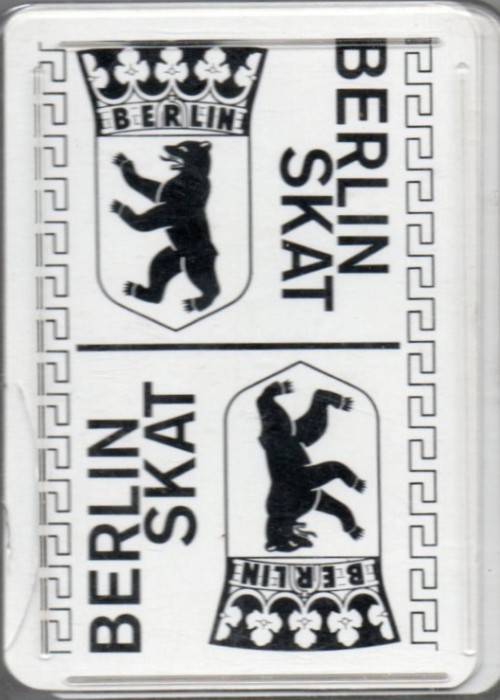For over a century until 1996, F.X. Schmid was an important German manufacturer of playing cards (traditional card games and quartets), board games and puzzles. It was considered one of the major European manufacturers. In 1995, its turnover was 67 million DM and there were around 250 employees.
The publishing house has been a wholly-owned subsidiary of Ravensburger since 1996. The name F.X. Schmid is used today in the field of children's books and playing cards by Ravensburger.
Skat (German pronunciation: [ˈskaːt] historically Scat, is a three-player trick-taking card game of the Ace-Ten family, devised around 1810 in Altenburg in the Duchy of Saxe-Gotha-Altenburg. It is the national game of Germany and, along with Doppelkopf, it is the most popular card game in Germany and Silesia and one of the most popular in the rest of Poland. A variant of 19th century Skat was once popular in the US. John McLeod considers it one of the best and most interesting card games for three players, and Kelbet described it as "the king of German card games
Skat was developed by the members of a local Tarock club, the Brommesche Tarok-Gesellschaft between 1810 and 1817 in Altenburg, in what is now the State of Thuringia, Germany. It is based on the three-player game of Tarock, also known as Tarot, and the four-player game of Schafkopf (equivalent to the American game Sheepshead). It has become the most loved and widely played German card game, especially in German-speaking regions. In the earliest known form of the game, the player in the first seat was dealt twelve cards and the other two players ten each. He then made two discards, constituting the Skat, and announced a contract. But the main innovation of this new game was that of the bidding process.
The first book on the rules of Skat, Das Scatspiel: Nebst zwei Liedern, was published in 1848 by one of its inventors, secondary school teacher J. F. L. Hempel. Nevertheless, the rules continued to differ from one region to another until the first attempt to set them in order was made by a congress of Skat players on 7 August 1886 in Altenburg. These were the first official rules finally published in a book form in 1888 by Theodor Thomas of Leipzig. The current rules, followed by both the International Skat Players Association, German Skat Federation, and British Skat Association, date from Jan. 1, 1999.
The word Skat is a Tarok term derived from the Latin word scarto, scartare, which means to discard or reject, and its derivative scatola, a box or a place for safe-keeping. The word scarto is still used in some other Italian card games to this day. Skat is completely unrelated to an American game called Scat.





